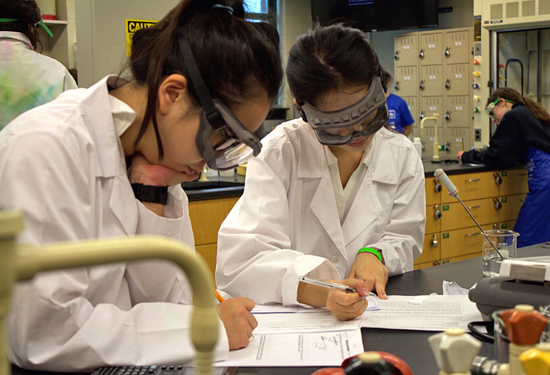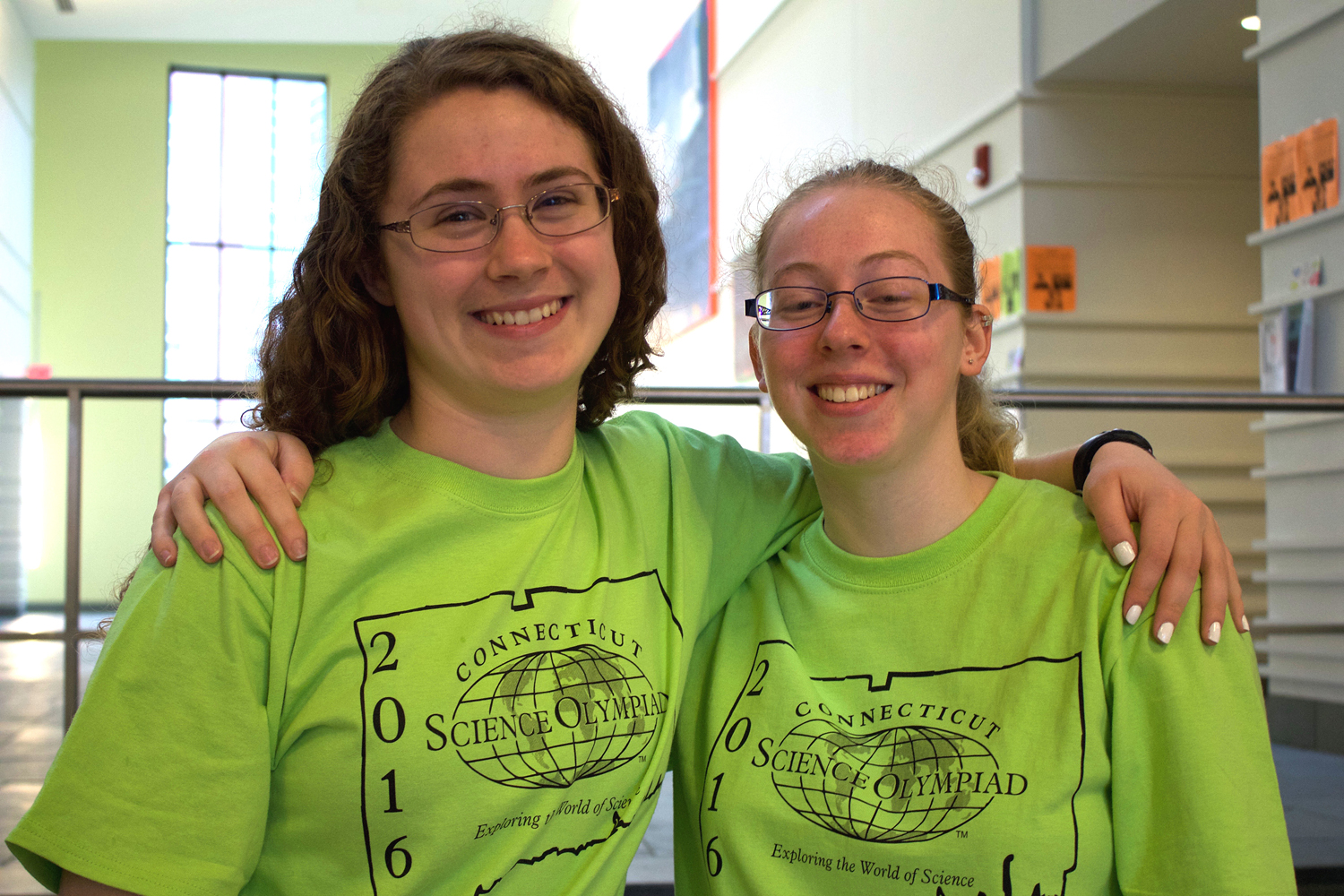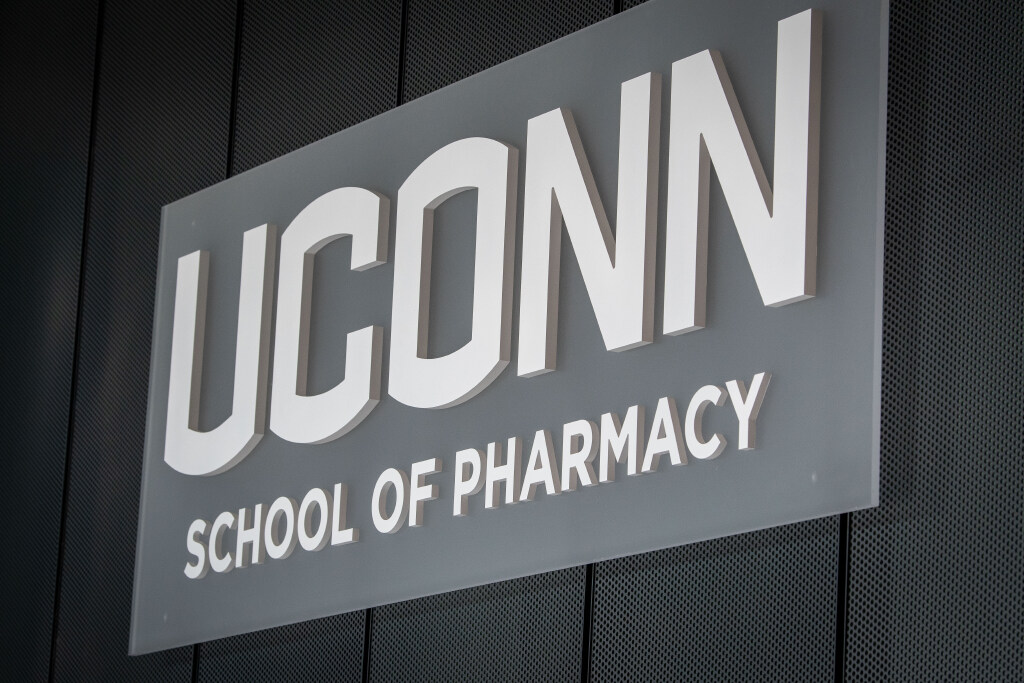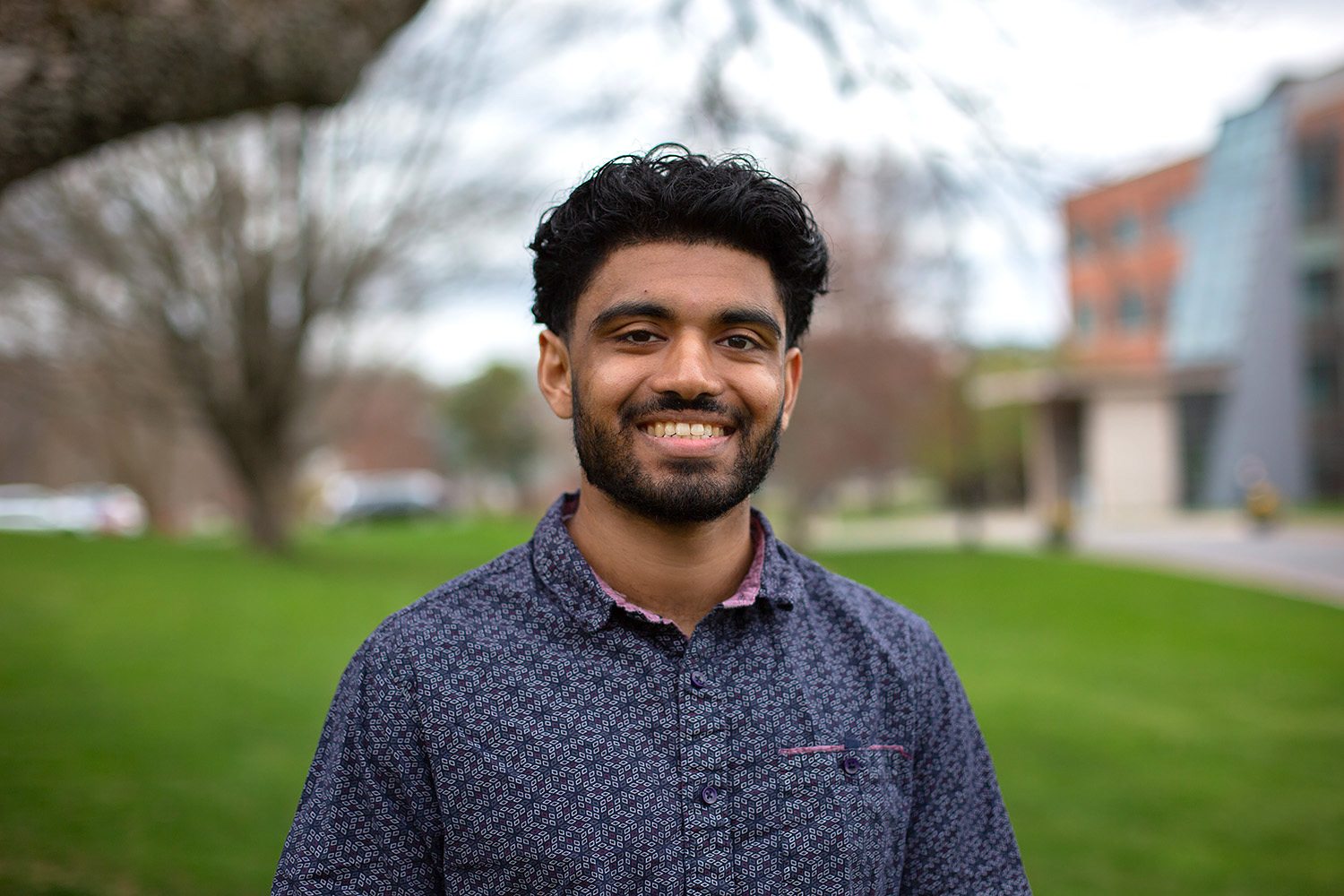Forty-three teams of high-schoolers from schools across Connecticut competed on Saturday in 23 scientific events in the state’s annual Science Olympiad. The students flocked to Storrs to vie for glory, bragging rights, and a trip to the national competition.
This year’s event, sponsored by the College of Liberal Arts and Sciences, drew a record number of students: nearly 1,000, almost double the participation in 2013.
The surge was thanks in part to the more than 30 volunteers – most of them students, faculty, staff and alumni of UConn – who have been a part of the program since it first came to the University.
UConn alumna Treese Campbell ’02 (CLAS), who received her Ph.D. in chemistry at UConn and now works for United Technologies, has been volunteering for the past ten years.
“It takes a lot of volunteer work,” said Campbell. “That’s the way the whole Science Olympiad works.”
“We’re really happy that UConn hosts this. It’s really expensive and it takes about 100 adult volunteers, so when [CLAS] partnered with us about ten years ago, it really allowed us to expand and do all the events,” said Cindy Wilbur, secretary of Connecticut’s Science Olympiad.

The Science Olympiad is a nationwide, nonprofit organization that promotes science education with a tournament-style competition that students spend months preparing for.
The competition includes three kinds of events: lab events; content events, which are written tests; and engineering challenges, said Wilbur.
Events include bridge building, where students design and construct a bridge to support a 15kg weight, a forensics challenge that has students analyze evidence to identify the guilty party, and even protein modeling, which involves using a computer to construct models of proteins and then solve problems about protein structures.
The event is sprawling, with events held in academic buildings all over campus. Volunteers led students to events in Torrey Life Sciences, the Chemistry Building, Oak Hall, ITE, Hawley Armory, and the event’s headquarters in Laurel Hall.
Each event is supervised by a volunteer. First-year volunteer Stephanie Phillips, a graduate student in the Center for Integrative Geoscience, led the hydrogeology event.
“I got to plan the event and everything,” said Phillips. “[The students] are doing a three-point problem, which is how you figure out the gradient of the way water is moving.”
Former Olympian Katherine Bell is now a freshman environmental sciences major at UConn.
“I’ve always really liked [Science Olympiad] because I got to study subjects I enjoyed outside of school, and I liked the feeling of competition,” Bell said. “I think that’s one of the reason’s I came back to help; I like the atmosphere. It’s a unique opportunity.”
Students like Bell and Jenn Newton, a freshman mechanical engineering major, are already planning on helping out for their remaining three years at UConn.
Sean Jones has been a regular volunteer judge at the Olympiad ever since his niece participated several years ago. “[My niece] didn’t do it the next year, but I kept on coming. I’ve been doing it ever since.”
Jones commented about how great it was to see students just having fun and not getting upset if they lost an event. “You see the kids’ faces, they’re all so excited,” he said.
At the end of the competition, all the students and volunteers gathered for a closing ceremony and presentation, put on by Academic Assistant in Physics Dave Perry with physics major and former Olympian Hope Whitelock, a sophomore physics major.
Whitelock used to spend every Wednesday afternoon in high school preparing to compete in the Science Olympiad. Her school took it very seriously, and they would even go to the invitational at Yale every year to prepare for the state competition at UConn.
Whitelock’s favorite events were the engineering challenges, like building a bridge or a robot arm.
“Sometimes, we failed miserably; then sometimes, rarely, [what we built] would work, and we’d be really happy,” she says. “It was such great fun when I was doing it. I want other people to have that too.”



